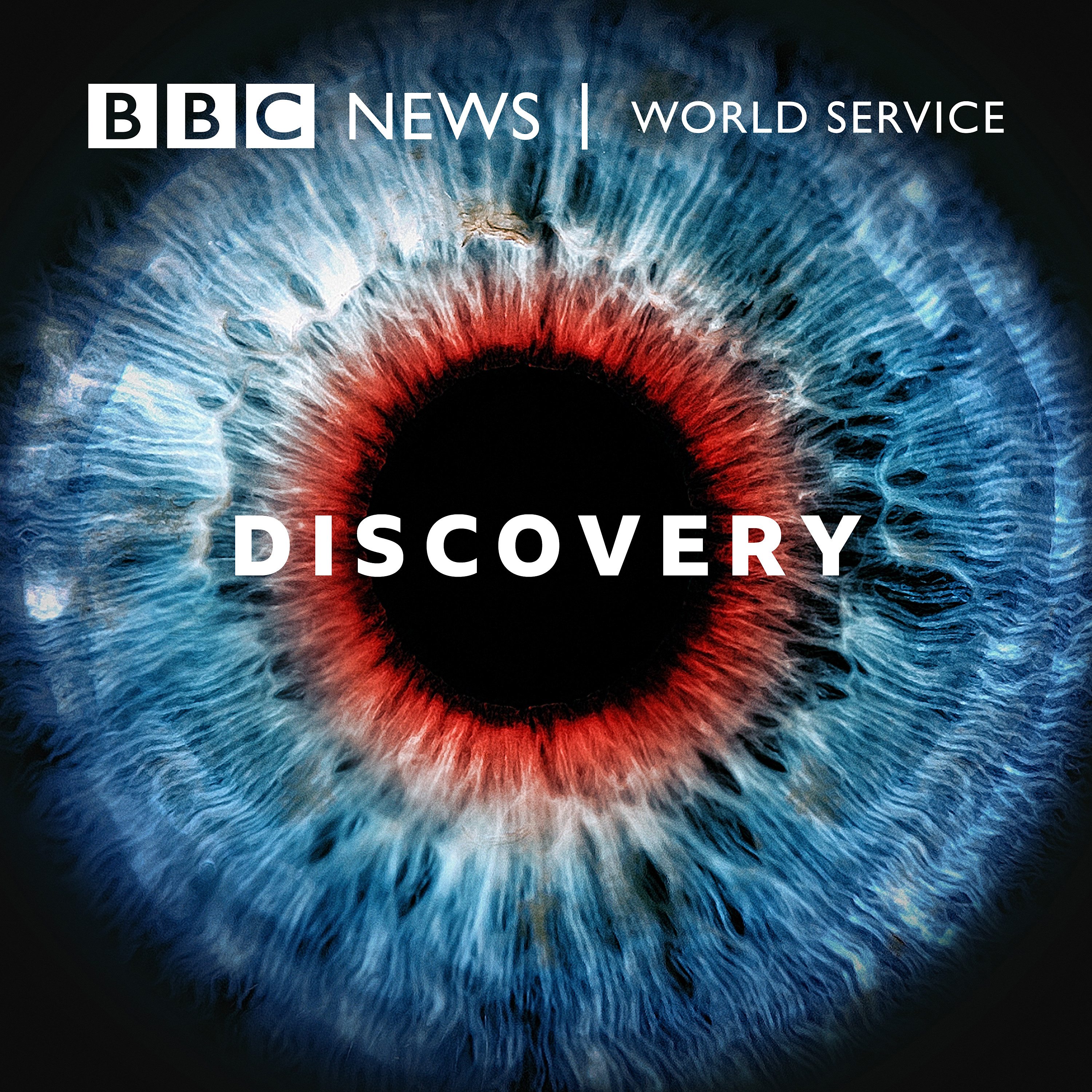
Discovery
Nov 30, 2020
Today I learnt that tigons and ligers are what you get when lions and tigers interbreed?!’ surprised listener Jamz G tells the doctors. ‘What determines whether species can interbreed?’
Geneticist Aoife McLysaght studies molecular evolution. She explains the modern definition of a species, built on ideas from Aristotle, Linnaeus and Darwin: a species is a group of organisms capable of interbreeding to produce fertile offspring. Hybrids – such as ligons and tigers – are usually infertile, because their common ancestors long ago diverged into the lions and tigers we know today. However, this definition isn’t absolute, and there are many ways a new species can be formed.
Hybrids also offer rich study subjects for scientists. Mathematical biologist Kit Yates discusses why he’s been reading research papers about hebras and zorses (horse x zebra) as their patterns offer insights into how cells spread and develop into organisms, building on a prediction made by codebreaking mathematician Alan Turing.
And it turns out that these hybrids are even more intriguing. As speciation and evolution expert Joana Meier explains, hybrids are not always infertile. Hybridisation can lead to successful new species arising, such as in Lake Victoria’s cichlid fish, who it seems have been having a wild evolutionary party for the last 15,000 years. And the picture gets even murkier when we discover that modern genetics reveals our human ancestors successfully mated with Neanderthals.
Presenters: Hannah Fry & Adam Rutherford Producer: Jen Whyntie

